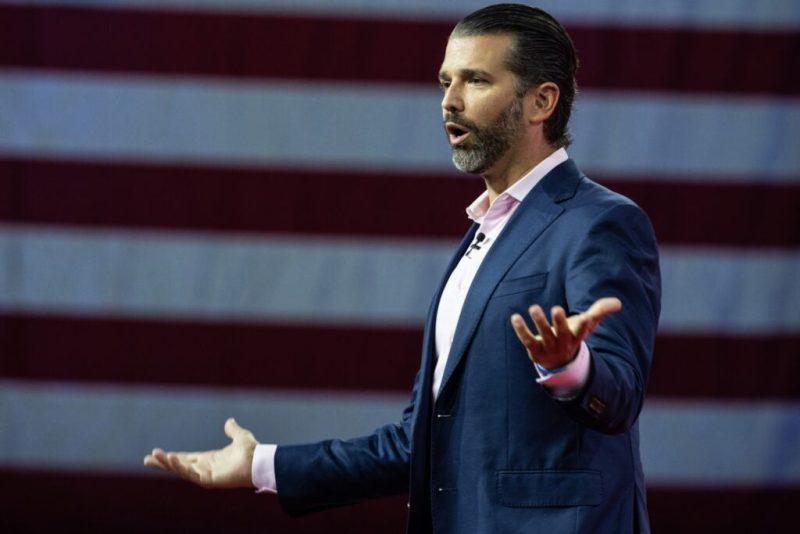
Donald Trump Jr., son of the former President, recently made waves with his outspoken support for strengthening business ties between the United States and Eastern Europe. This move, revealed through reports of a private event, signals a potential shift in focus, away from a China-centric approach and towards cultivating relationships in a region often overlooked in recent years. His comments suggest a more nuanced view of geopolitical dynamics, particularly regarding the perceived threat from China.
During the private gathering, Trump Jr. reportedly emphasized the significant economic opportunities available in Eastern Europe. He highlighted the region’s potential for growth and its strategic importance in the global landscape. This focus is a departure from the previous administration’s sometimes contentious relationship with several Eastern European nations, and represents a potential path towards stronger alliances and increased trade.
Perhaps most striking were his remarks contrasting China and Russia. While Russia has often been cast as a primary geopolitical adversary, Trump Jr. reportedly downplayed this perception, suggesting that China poses a far greater threat to U.S. interests. This assessment aligns with a growing sentiment among some policymakers and analysts who see China’s economic and technological ambitions as a more significant long-term challenge.
This shift in emphasis towards Eastern Europe isn’t solely driven by geopolitical concerns. The region boasts a growing middle class and a burgeoning entrepreneurial spirit, making it an attractive market for American businesses. Furthermore, Trump Jr.’s own heritage, with Czech roots, likely plays a significant role in his interest and engagement with the region. This personal connection could provide a unique perspective and facilitate smoother communication and stronger partnerships.
However, this new focus on Eastern Europe also raises questions. How will this strategy be implemented? Will it lead to tangible policy changes? And what will be the implications for existing relationships with other global partners? Only time will tell if this represents a significant turning point in U.S. foreign policy or simply a strategic business opportunity. The coming months will be crucial in observing how this initiative unfolds and its ultimate impact on the global stage.
Ultimately, Trump Jr.’s involvement highlights the increasingly complex interplay between family legacy, business interests, and international relations. His actions serve as a reminder of the evolving dynamics in global power and the ongoing search for strategic advantages in an increasingly competitive world.









